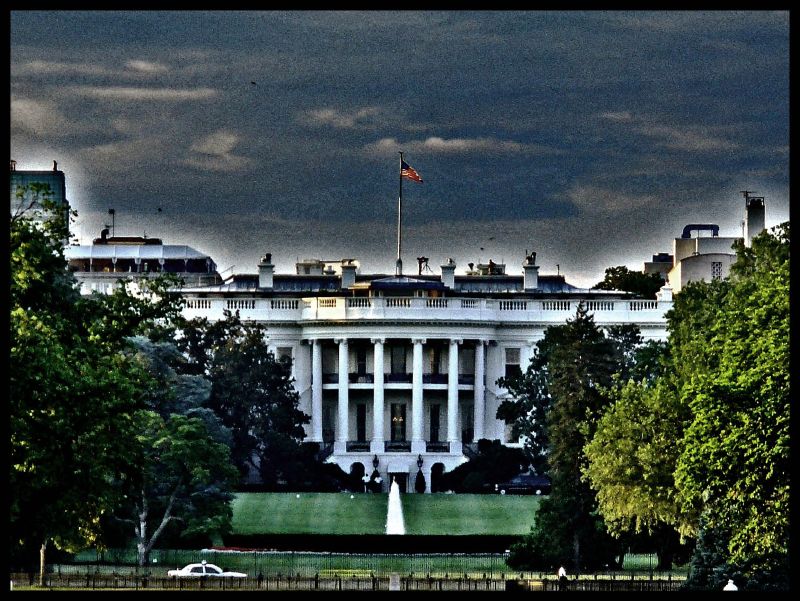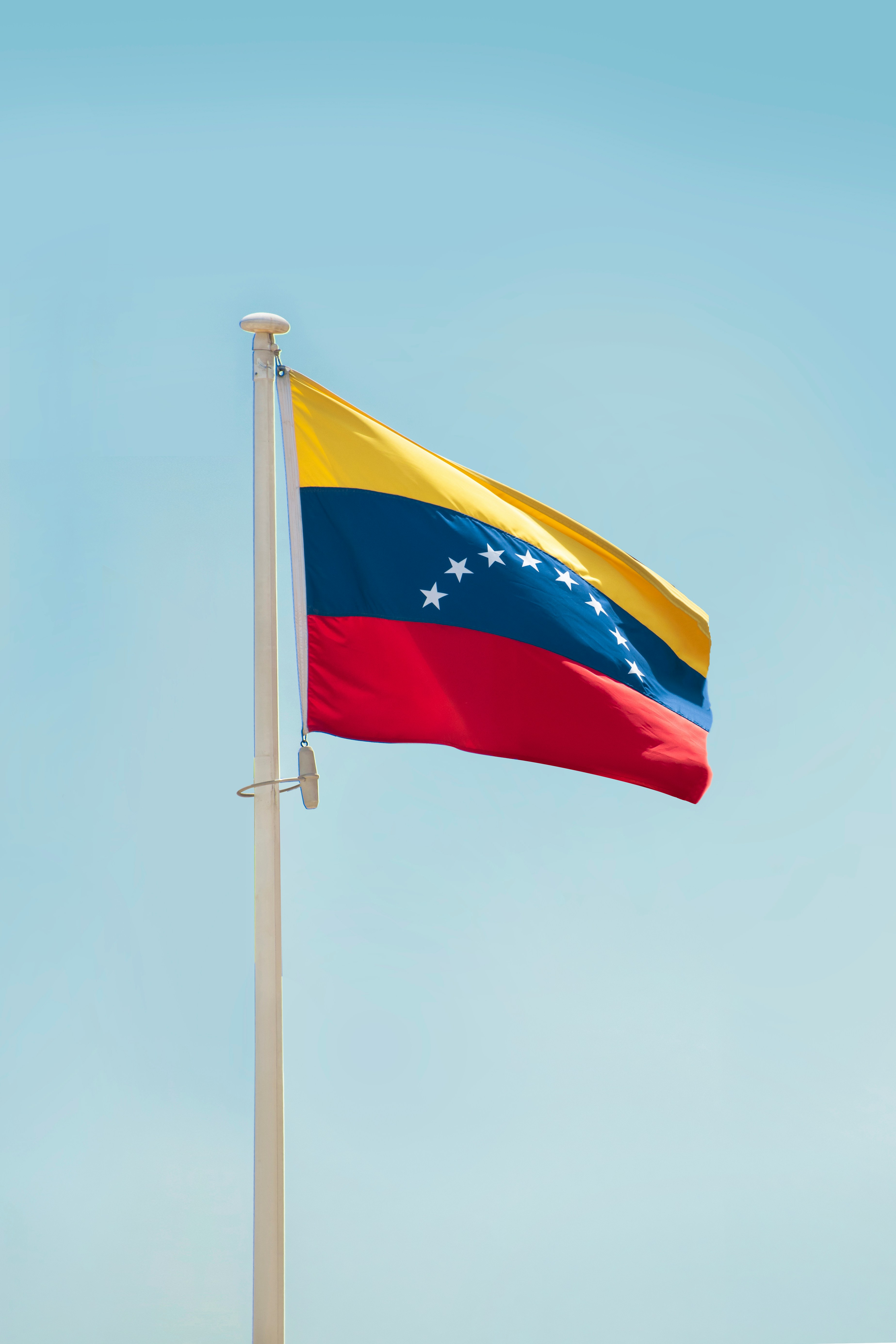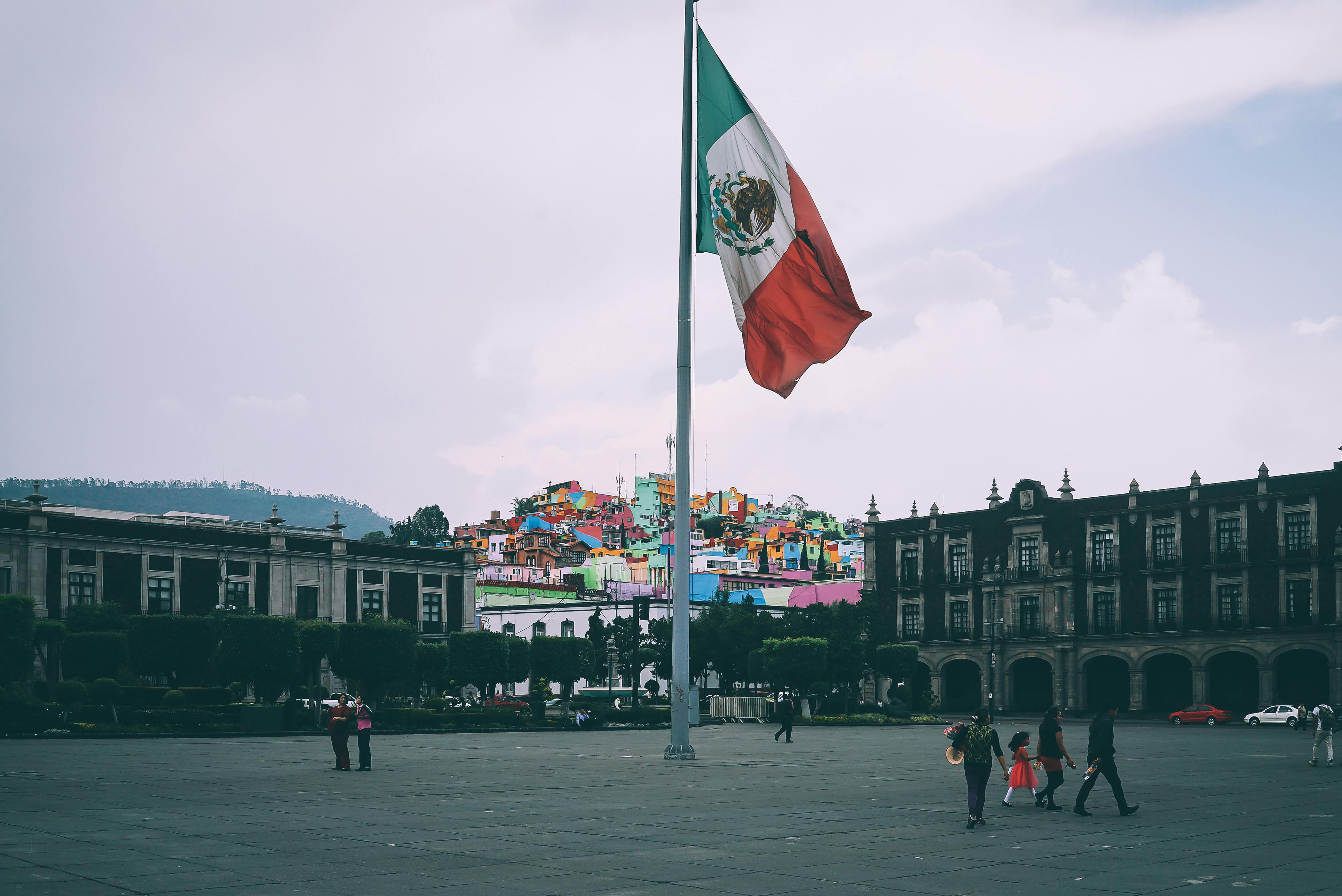Americas
In the first half of 2024, key trends in the Americas region, particularly in Central and South America, included restrictions on opposition parties as well as on freedoms of expression and the press. Some modest improvements related to Political Equality are cause for optimism, particularly with regard to the protection of Indigenous peoples and migrants. Four countries held general elections, though only Panama saw party turnover.
The second half of 2024 includes elections in Venezuela (held on 28 July), Uruguay and the United States. Judicial Independence is a key aspect of democracy to watch in the second half of 2024, due to executive aggrandizement and increasingly blurred lines between branches of government in some countries.
Emerging patterns
Representation
In the first half of 2024, political parties across Central and South America faced significant new restrictions. This pattern was especially apparent in Guatemala, where a judge, in an act of overreach and contravening electoral law, ordered the suspension of the newly elected president’s Semilla Party. This ruling led to the party’s exclusion from Congress leadership. In Paraguay, the expulsion from Congress of an opposition senator accused of influence peddling, was condemned by critics as motivated by her denunciation of corruption and nepotism within the ruling party. In Venezuela, the opposition alliance faced numerous hurdles in registering a candidate. Electoral authorities were partial towards incumbent President Maduro, declaring his victory despite a lack of transparency and refused to publish electoral records to substantiate the alleged results.
Rights
Restrictions on Freedom of Expression and Freedom of the Press have been particularly worrying in Central and South America in the first half of the year. In Nicaragua, the government banned artists’ political expression in concerts, while in Mexico, data leaks and breaches of privacy laws have prompted concerns regarding journalists’ safety. Meanwhile, the new government in Argentina ordered the closure of the country’s national news agency, accusing it of being a propaganda tool for Peronism.
At the same time, some measures supporting inclusion have been introduced, positively impacting Social Group Equality in Uruguay, Brazil and Canada. Specifically, a special residency program will open a way to regularize thousands of undocumented migrants in Uruguay. Meanwhile in Brazil, official acknowledgement of and an apology for human rights violations committed during the military dictatorship will initiate a process for the analysis of reparations and land restitution. Further, a Canadian Supreme Court ruling on the collective rights of Indigenous Peoples has been hailed as a recognition of Indigenous self-government by the Vuntut Gwitch’in First Nation.
Rule of Law
In several countries, elites have selectively enforced the law for their own ends. This phenomenon has impacted the National Board of Justice in Peru and in Venezuela, where burdensome and selective requirements for out of country voting registration that are not grounded in legislation have exacerbated uncertainty about how laws are applied in the country. This adds to the concerns created by the sudden closure of the Venezuela office of the United Nations High Commissioner for Human Rights.
In North America, the United States Supreme Court’s rulings on presidential immunity, disqualification from holding public office, racial gerrymandering and gun control have had a detrimental effect on Predictable Enforcement and on public perceptions of judicial independence.
However, efforts to ensure accountability for former leaders in Honduras, Panama and the United States have had positive impacts, including on Absence of Corruption.
Regarding Personal Integrity and Security, Ecuador’s characterization of gang violence as an ‘internal armed conflict’ has enabled the government to make use of emergency powers and temporarily suspend certain rights. Insecurity has also been rife in Mexico, where the recent elections were marred by dozens of killings of candidates, aspiring candidates and politicians.
Participation
So far, the 2024 election supercycle has seen five countries in the region heading to the polls: El Salvador, Panama, Dominican Republic, Mexico, and Venezuela. The average voter turnout was 59.91 per cent. Average female representation in legislatures (lower or single house) in El Salvador, Panama, Dominican Republic and Mexico increased from 32 to 35 per cent, and the Mexican election returned the country’s first ever woman president. Only the Panamanian elections resulted in party turnover. The 2024 elections so far seem to have curbed the trend of opposition victories in Latin America that had characterized elections in the region in the past years. However, the re-election of Bukele in El Salvador was highly controversial. Although popular support for his continuity as President was overwhelming, his candidacy violated the constitution and was only possible due to a controversial ruling of the Constitutional Court, which is packed with allied justices. As mentioned, the results of the Venezuelan elections have lacked transparency and credibility.
In the second half of 2024, Free Political Parties will continue to be key. In Guatemala, it will be important to watch restrictions on the Movimiento Semilla party. In Bolivia, division within the MAS (Movimiento al Socialismo) party has caused a significant delay in the holding of judicial elections, accusations of lack of party transparency and even allegations that the President staged a coup attempt to increase his public approval.
Freedom of Expression and Freedom of the Press also merit continuing attention, especially in the context of increased insecurity.
All eyes will be on the United States in November, as elections there will feature the first woman of colour at the top of a major-party presidential ticket. In the context of deep polarization, gerrymandering, minority disenfranchisement and election denial, questions surrounding electoral integrity will take center-stage. Elections will also take place in Uruguay in October.
In the Rule of Law category, Judicial Independence will be key, especially in Peru and Guatemala. Discussions to reform the judiciary in Mexico are likely to result in constitutional amendments in the coming months and may have an impact on its independence. The “weaponization” of justice in Nicaragua against opposition and activists should further be followed.
In the longer term, reform processes that seek to confront colonial legacies in Barbados and Jamaica will be key for the consolidation of and transition to republic forms of government.
Guest Blog
Interview with Dr. Dinorah Azpuru on the state of democracy in Latin America
READ MOREEntrevista con la Dra. Dinorah Azpuru sobre el estado de la democracia en América Latina
READ MOREFactors of Democratic Performance
Scores represent regional averages in 2023.
*Data represents an average of the entire region
Number of events reported
See the most frequently impacted categories of democratic performance over the last six months
Most impacted factors of democracy
| Predictable Enforcement |
|
22x |
| Civil Liberties |
|
15x |
| Political Equality |
|
13x |
Critical Events
- United States of America - June 2024 | Federal jury finds Chiquita Brands liable for paramilitary killings
- Uruguay - May 2024 | Uruguay Launches Special Residency Program for Migrants
- El Salvador - April 2024 | Congress approves change to procedure for constitutional amendments
- Haiti - March 2024 | Security crisis prompts PM’s imminent resignation
- Venezuela - February 2024 | UN Human Rights Office is expelled from Venezuela
- Ecuador - January 2024 | Presidential decree expands security forces’ powers due to “internal armed conflict”
Specially Tagged Events
Democracy Notes
Archive
See past regional pages or use the archive to design a customized search to find exactly what you are looking for.





